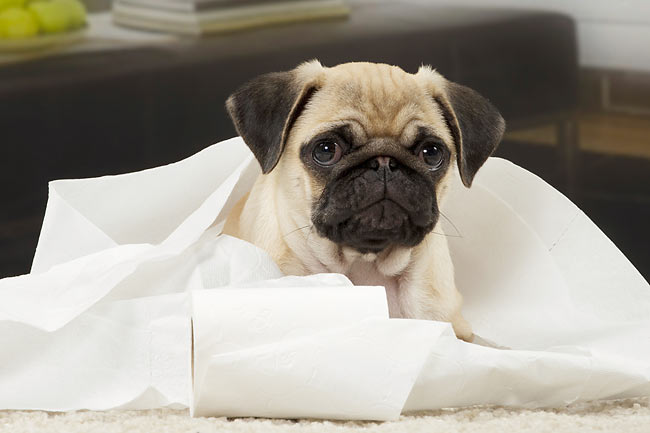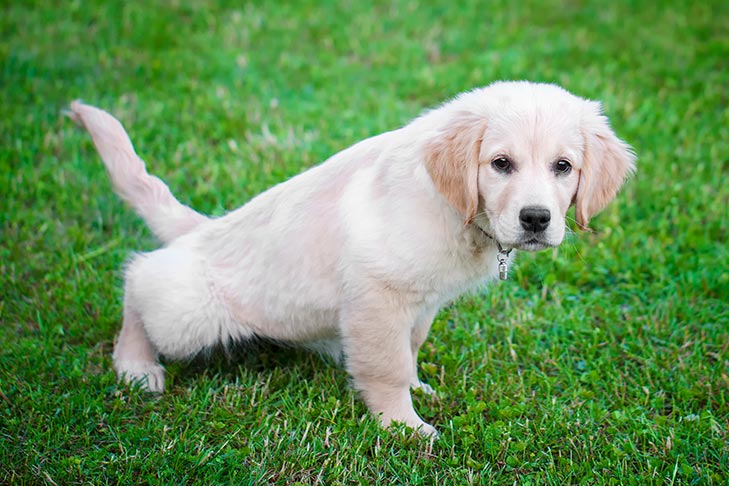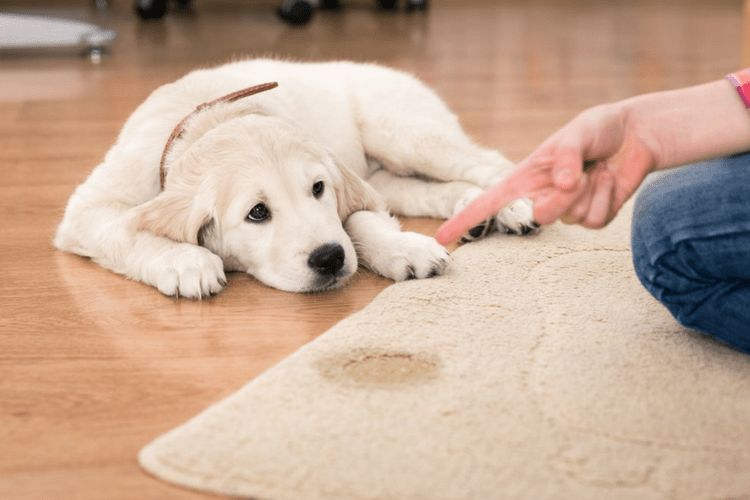House Training Your Puppy
- M.Pedersen
- Feb 19
- 4 min read
Updated: Feb 19
House training is one of the first (and most important) things your puppy needs to learn. Do it right, and you’ll have a dog who asks to go outside like a civilized creature.
Step 1: Understand Your Puppy’s Bladder
Puppies have tiny bladders and zero control at first. Expect accidents, but also set realistic expectations.
How Often Do Puppies Need to Go?
🔹 8-12 weeks old: Every 1-2 hours (yes, even at night)
🔹 3-4 months old: Every 2-3 hours
🔹 5-6 months old: Every 4-5 hours
🔹 6+ months old: Can hold it longer but still need regular breaks
PRO TIP: The general rule is 1 hour per month of age (e.g., a 3-month-old puppy can hold it for about 3 hours). But don’t push it, when in doubt, take them out.
Step 2: Set Up a Foolproof Routine
Dogs thrive on routine—especially puppies. Set a schedule, and they’ll learn faster.
✅ First thing in the morning – Before anything else, take them out.
✅ After meals – 10-15 minutes after eating. Every. Single. Time.
✅ After naps and playtime – Puppies get distracted and forget they need to go.
✅ Right before bed – Unless you like 2 AM wake-up calls.
✅ During the night – Yes, you’ll need to wake up. Puppies can’t hold it all night at first.
PRO TIP: Take them to the same spot every time. The familiar scent helps them understand, “Oh yeah, this is my bathroom.”
Step 3: Reward Like You Just Won the Lottery
Your puppy just peed outside? Throw a party.
✅ Say "YES!" or "GOOD DOG!" immediately. (Timing is everything.)
✅ Give a treat right away. Not when you get back inside, outside, right after they finish.
✅ Make it exciting. Puppies repeat behaviours that get them rewards. Make them think peeing outside is the best thing ever.
PRO TIP: Don’t just rely on treats—use excited praise, playtime, or even a short walk as a reward.
Step 4: Prevent Accidents Before They Happen
Accidents don’t “just happen”—they happen because you weren’t paying attention. Here’s how to stay ahead of the mess:
Watch for These Signs:
🚩 Circling/sniffing the floor = About to go.
🚩 Suddenly stopping play = Needs to go.
🚩 Walking toward the door = Take them out NOW.
Use Crates & Gates to Your Advantage
✅Crate training helps prevent accidents – Puppies won’t usually pee where they sleep.
✅Limit free roam – Until they’re reliable, keep them in a controlled space (like a playpen or a gated-off room).
PRO TIP: If you can’t watch them, use the crate. It’s not “mean”, it’s how you prevent accidents while they learn.
Step 5: Handle Accidents the Right Way
Listen, accidents WILL happen. But how you respond will determine if your puppy learns or just gets scared.
❌What NOT to Do:
❌ Don’t rub their nose in it. (That’s outdated and just confuses them.)
❌ Don’t yell at them. (They’ll just learn to hide their accidents from you.)
❌ Don’t punish after the fact. (If you didn’t catch them in the act, they won’t know why you’re mad.)
✅What TO Do Instead:
✔ Catch them in the act? Interrupt with a quick “Oops!” and take them outside IMMEDIATELY.
✔ Accident already happened? Clean it thoroughly (use an enzymatic cleaner, regular cleaners don’t remove the smell).
✔ Adjust your routine. If they keep having accidents, they’re not getting out often enough.
PRO TIP: If your puppy pees inside right after coming in from outside, they’re probably distracted during potty breaks. Next time, stay outside longer and make sure they finish.
Common House Training Problems & How to Fix Them
🚨 Puppy Pees Right After Coming Inside → Stay outside longer & don’t let them play until they go.
🚨 Puppy Still Has Accidents After Months → You’re either not being consistent or not supervising enough.
🚨 Puppy Pees When Excited/Scared → Don’t punish. Ignore excitement peeing and keep greetings low-key.
🚨 Puppy Won’t Go Outside in Bad Weather → Use a covered spot or pee pads as a backup.
🚨 Puppy Goes on Rugs Instead of Outside → Rugs feel like pee pads to puppies. Use gates/crates to prevent access until they’re reliable.
PRO TIP: If your puppy was doing well but suddenly regresses, take them to the vet—sometimes UTIs or medical issues cause potty training setbacks.
Final Thoughts: Train Smart, Not Hard
House training isn’t about luck—it’s about consistency. If you:
✅ Stick to a clear routine
✅ Reward immediately after success
✅ Supervise and limit free roam
✅ Handle accidents the right way
You’ll have a fully house-trained pup in weeks, not months. (And best of all? No more stepping in mystery puddles.)
So be patient, stay consistent, and remember, every time your puppy pees in the right place, they’re one step closer to getting it right every time.
Now go train that puppy before your carpet becomes a biohazard!









Comments